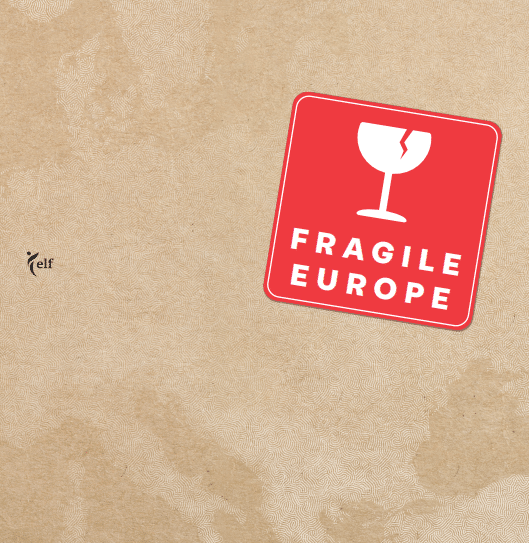
Lithuania’s Economic Choices – and Why They Matter Far Beyond Its Borders
BY
LFMI / March 2, 2026
From tax reform to the launch of a major defence manufacturing project, 2025 has been a year of consequential economic decisions in Lithuania. Yet the underlying themes – competitiveness, fiscal discipline and personal responsibility – are not uniquely Lithuanian. They resonate across Europe and beyond.




![Democratic Protests and Civil Society in Iran with Touska Gholami Khaljiri [PODCAST] Democratic Protests and Civil Society in Iran with Touska Gholami Khaljiri [PODCAST]](https://4liberty.eu/phidroav/2026/02/Liberal-Europe-Podcast-Format-1-4-1024x1024.jpg)




![Is European Sovereignty a Real Possibility? with Olaf Osica [PODCAST] Is European Sovereignty a Real Possibility? with Olaf Osica [PODCAST]](https://4liberty.eu/phidroav/2026/02/Liberal-Europe-Podcast-Format-1-3-1024x1024.jpg)

